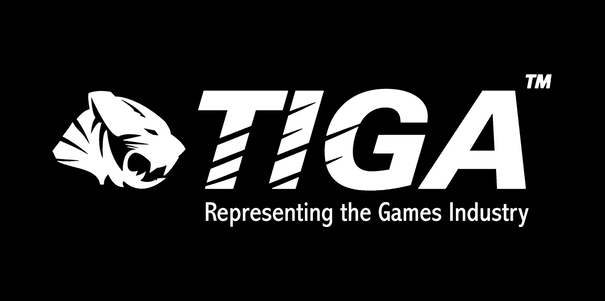TIGA, the trade association which represents the video games industry has called on the Government to act, following the decision to leave the EU.
It said there were 4 main issues facing the industry as a direct result:
- Finance
It says that because of the economic uncertainty, there may be a reduced appetite for investment and also UK companies will no longer be able to access Creative Europe and Horizon 2020 programmes.
It’s calling on the Government to promote policies which encourage investment and consider a Games Investment Fund, to help start-ups.
- A favourable tax environment
This would include maintaining Video Games Tax Relief and R&D Tax Relief, to compete with international firms, particularly in Canada.
- Access to talent
Losing access to a pool of skilled EU workers and potentially new immigration rules, it wants to ensure that new arrangements are not “onerous or complex” and as a result cause skills shortages.
- Intellectual Property
Within the framework of the EU, the UK is part of the Registered Community Design regime and the EU Trade Mark regime and also recognises the Unregistered EU Design Right.
It’s not known what impact leaving the EU would have on these rights and whether a separate UK trade mark and design rights will need to be applied for.
“The UK video games industry is a high technology sector that provides high skilled employment for over 30,000 people, including approximately 11,000 development staff and which contributes £1.1 billion to UK GDP. It is also export oriented, with at least 95 per cent of studios exporting,” said Dr Richard Wilson, TIGA CEO.
“Following the referendum in favour of ‘Brexit’, it will be more vital than ever to strengthen (and avoid harming) those sectors where the UK has a comparative competitive advantage: for example, aerospace, defence, high-value manufacturing and engineering, high technology industries, higher education, low carbon technology and the creative industries, including the video games sector.
“For the video games industry, it is particularly important that policy makers ensure games companies have access to sufficient finance, benefit from Video Games Tax Relief and R&D Tax Relief, have clear and stable IP rights and can access highly skilled people from outside of the UK. Any new points based migration system must not be onerous or complicated, otherwise the industry’s growth could be held back.”












